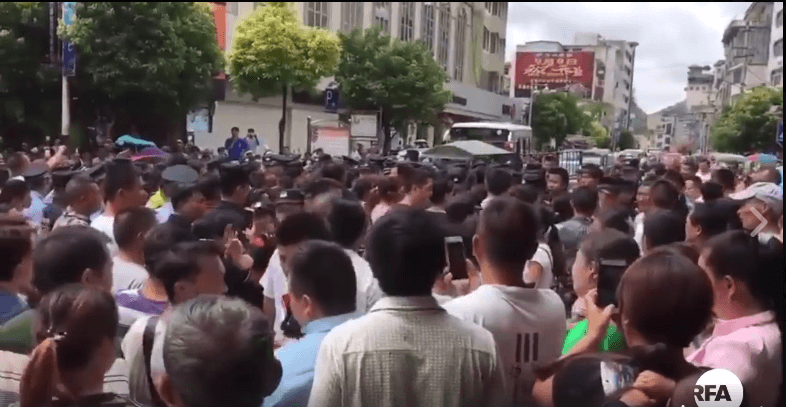It would have been another normal Tuesday morning on Sept. 5, as parents of Xifeng No. 2 Primary School pupils in Guizhou Province sent their kids off to school. At the school gate, the parents were surprised to find a dubious truck loaded with boxes of pork. The meat—partially rotted with some pieces covered with patches of mold or worms—gave off a repulsive stench.
The parents’ amazement turned into outrage when they realized that the meat was not going to the landfill for disposal but to the school kitchen, soon to be fed to their children.





